NEC acknowledges the ancestral and unceded territory of the Coast Salish Peoples, including the host Nations xʷməθkwəy̓əm (Musqueam), Skwxwú7mesh (Squamish), and səl̓ílwətaʔ/selilwitulh (Tsleil-Waututh) Nations.

Program Description
The Indigenous Justice Studies (IJS) prioritizes Indigenous laws and Indigenous Peoples while exploring topics related to crime and deviance, the criminal justice system, and the role of colonial law. Courses critically examine the various responsibilities of a system that strives to ensure safety and protection while learning about the oppression experienced by Indigenous Peoples and the role of Indigenous cultural approaches to healing from the impacts of genocide. What sets our program apart is the emphasis on applying this knowledge in real-world settings and culturally authentic teachings. We also emphasize Indigenous adult educational teaching methodology, experimental learning, and practical application of academic knowledge. The IJS practicum placement allows students to gain experience working with agencies and organizations related to criminal and social justice.
Program Highlights
- Duration: 43 weeks
- Delivery Method: On-campus
- Intakes:
– Fall Intake 2025
– Winter intake 2026 - Schedule: This program is full-time, Monday to Friday 09:00 am –12:00 pm & 1:00 pm – 2:30 pm
Career Opportunities
Graduates have entered careers in community justice agencies, policing, courts, customs, social work, and adult and youth corrections (including parole, probation, and supervision). Students may further their education to graduate school or law school and into the practice of law.
Learning Outcomes
Upon completion of this program, the successful student will have reliably demonstrated the ability to:
1) Learners will be able to critically examine the Canadian Criminal Justice system and the role of the law from an Indigenous perspective.
2) Upon completion of this program, the successful student will have reliably demonstrated the ability to incorporate their Indigenous knowledge systems and values into their work with agencies and organizations related to criminal and social justice.
3) Enter careers in community justice agencies, policing, courts, customs, social work, and adult and youth corrections, including parole, probation, and supervision.
We are committed to providing a welcoming and culturally safe environment where students can thrive on their educational journey.
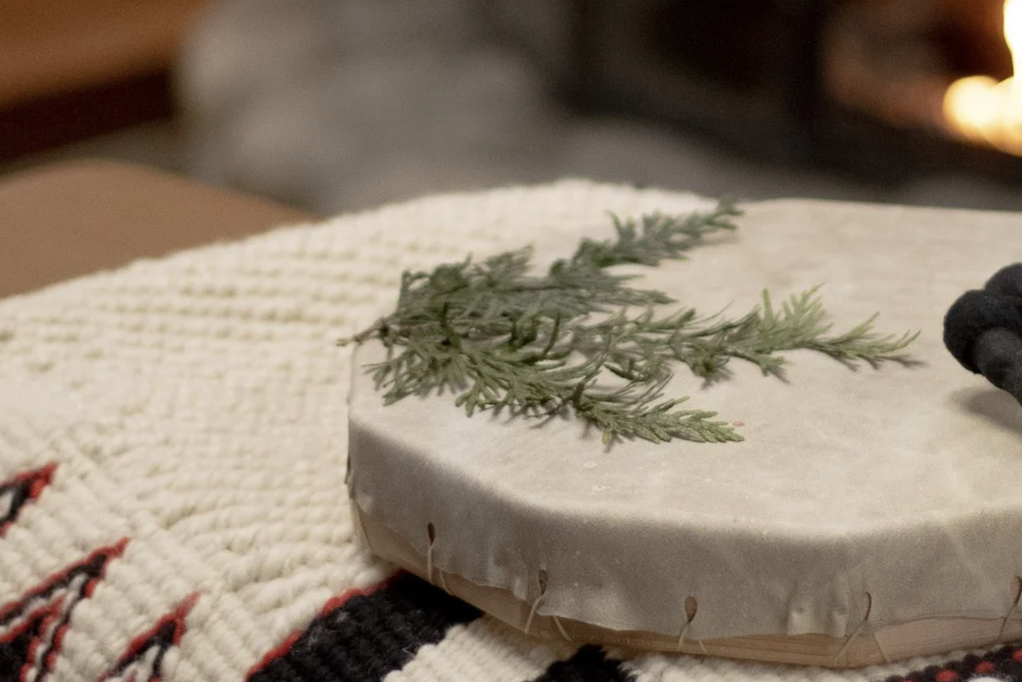
Authentic Indigenous Academic Programs and Curriculum
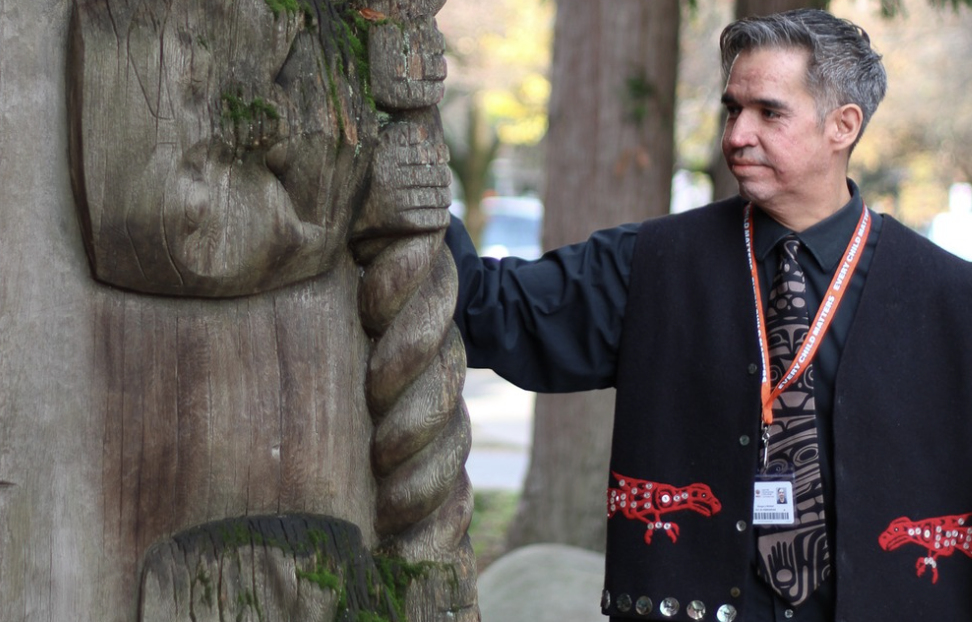
Prevention of Genocide - Critical and Cultural Thought Processes
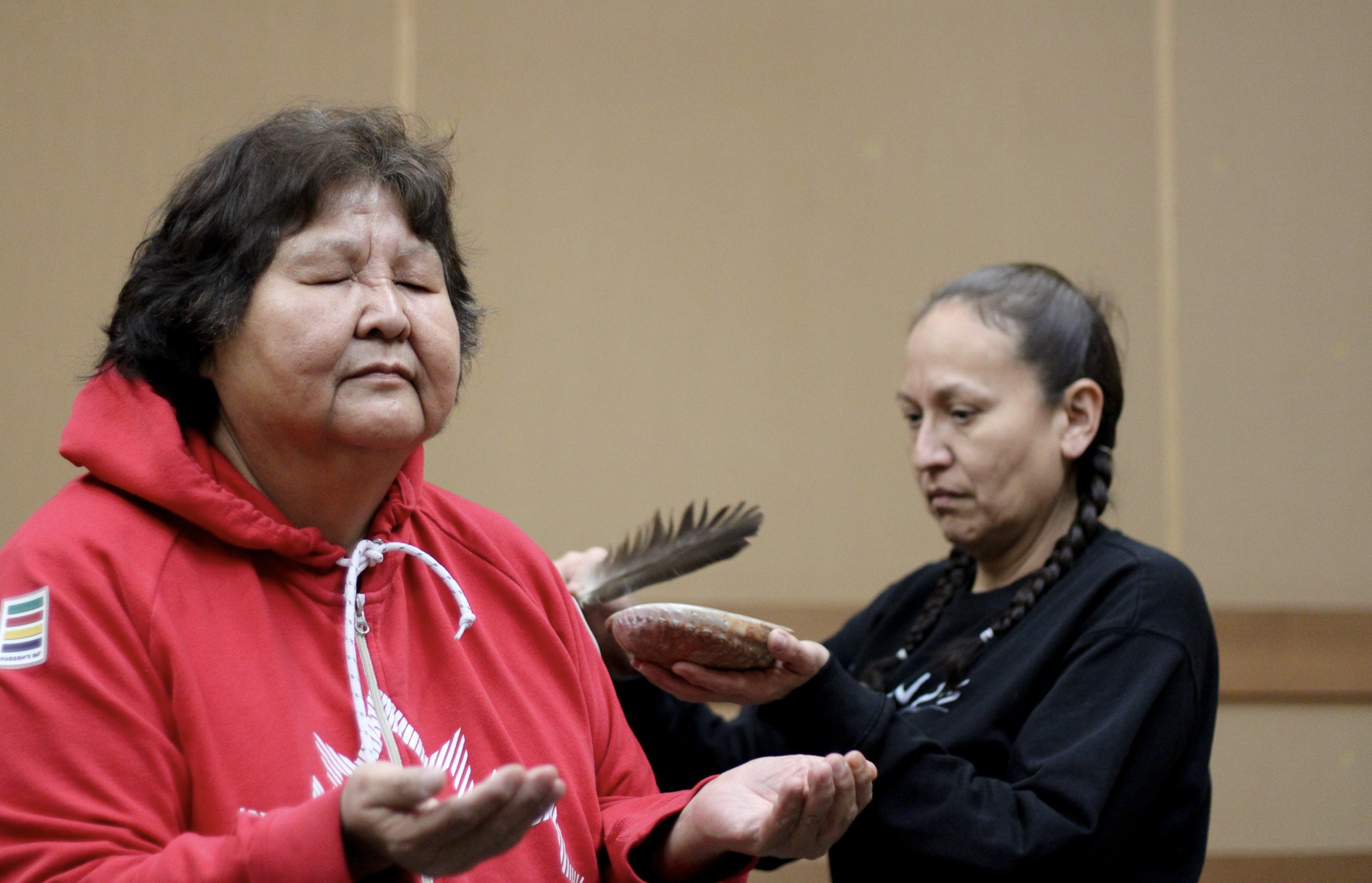
Holistic Wrap Around Supports
Course Offerings
| Term 1 | |
| CRIM 100 | Introduction to the Criminal Justice System |
| CRIM 150 | Introduction to Criminology |
| ENG 110 | Introduction to College Writing |
| CMNS 125 | Interpersonal Communications |
| SOC 110 | Introduction to Sociology |
| Term 2 | |
| FNST 110 | First Nations Studies |
| CRIM 160 | The Canadian Legal System |
| CRIM 170 | Introduction to Corrections |
| CRIM 180 | Sociological Approaches to Crime |
| CRIM 145 | Employment Preparation |
| Term 3 | |
| CRIM 120 | Introduction to Policing |
| CRIM 155 | IJS Practicum |
Admission Requirements
- Criminal Record Check Vulnerable Sector(CRC)
Highschool Admission
- Grade 12 Diploma or Equivalent
- Minimum “C” grade in English 12 or “C” grade in Literacy Assessment
- Accuplacer reading 240 Wriiting 240
tuition and fees
| Tuition: | $6,700 |
| Application Fee: | $75 |
| Text Books: | $1,606 |
| Course Materials: | $25 |
| Other: | $455 |
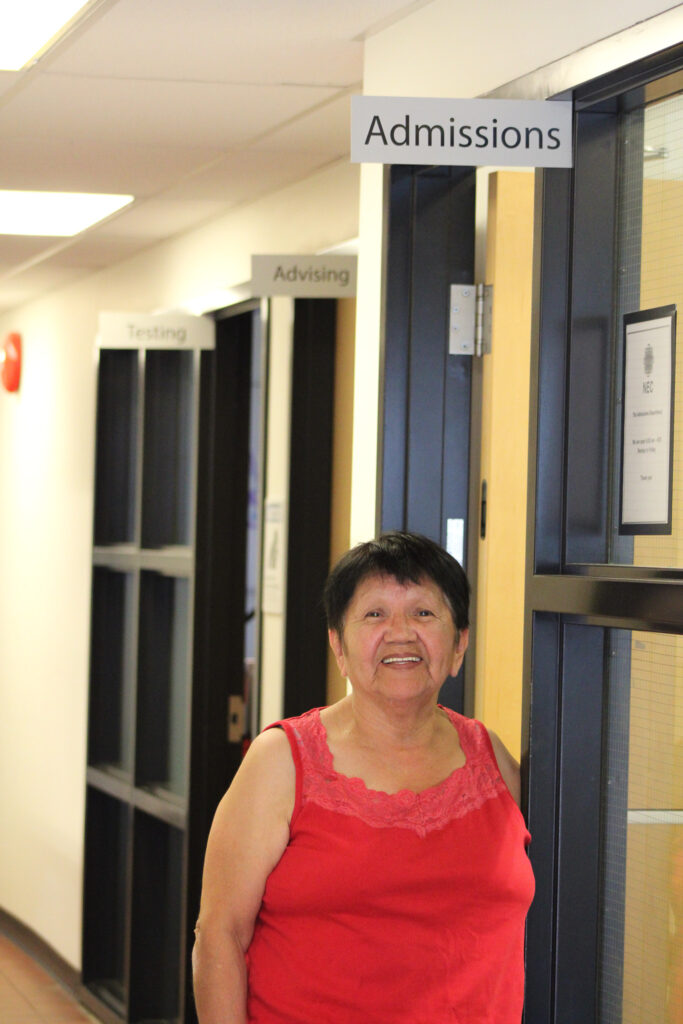
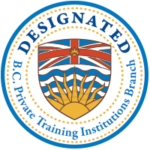
This program has been approved by the Private Training Institutions Regulatory Unit (PTIRU)of the Ministry of Post-Secondary Education and Future Skills. https://www.privatetraininginstitutions.gov.bc.ca/
Longhouse Values
These original laws are embedded in every aspect of our House. They invite cultural identity and selfdetermination of Indigenous Peoples, which empowers learners to advance their unique personal and educational goals.
- Diversity
- Respect
- Understanding
- Gratitude
- Accountability
